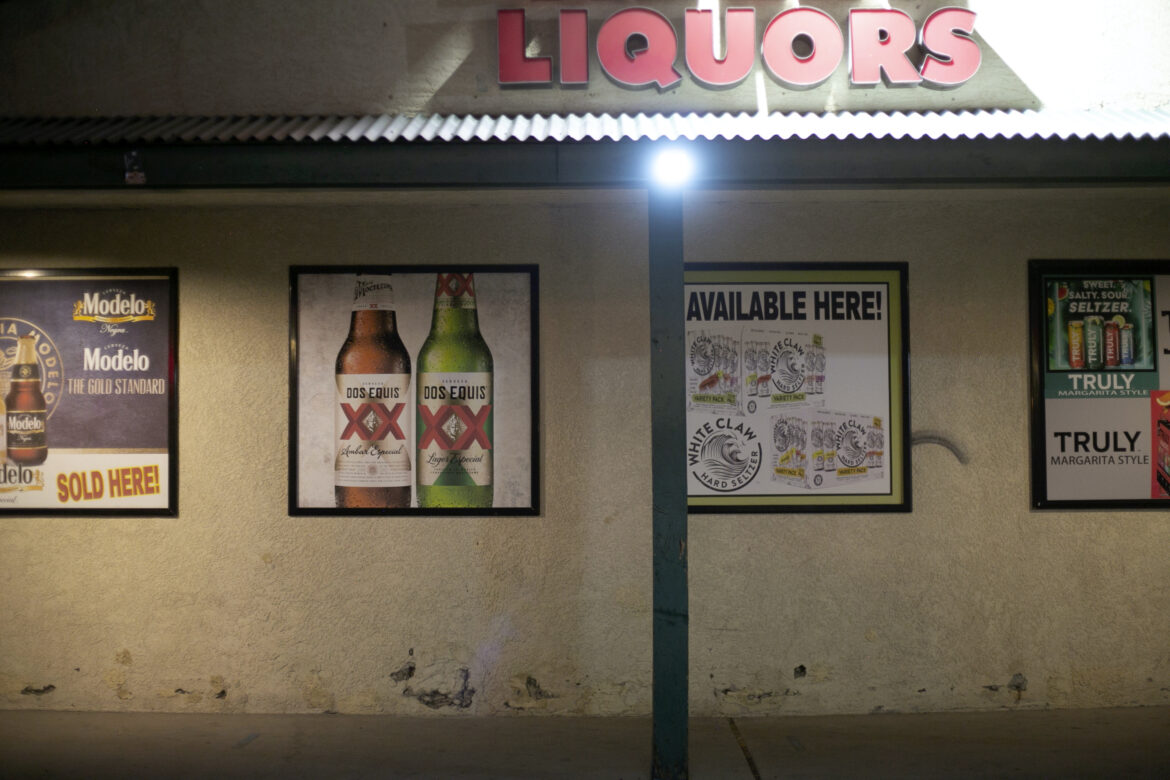Gov. Michelle Lujan Grisham on Friday struck down the first alcohol tax increase in 30 years meant to address a public health crisis that claims thousands of New Mexican lives a year.
Lujan Grisham’s veto came as a surprise to state lawmakers. During weeks of negotiations with the governor’s office and each other during the legislative session, lawmakers had shaped a $1.1 billion tax package only to learn that she had liberally crossed through line after line in the 119-page bill.
The decision to eliminate the alcohol tax, in particular, contradicted the rhetoric coming out of the governor’s office this week leading up to the vetoes.
Lujan Grisham sounded the alarm about the potential for the tax package to undermine the state’s long-term financial health. The proposed tax cuts represented future dollars the state would not collect, which some pointed to as a risk given the state’s volatile revenue stream. New Mexico is overly dependent on the boom and bust cycles of the oil and gas industry.
However, the nominal increase to the state alcohol excise tax — less than 1 cent on a 12 ounce beer and about one and a half cents per servings of wine and liquor — would have generated roughly $10 million a year.
The tax bill would have directed those dollars as well as about $25 million in money that currently goes to the state’s general fund to a new Alcohol Harms Alleviation fund for treatment.
Unclear is why the governor didn’t eliminate the harm alleviation fund in the tax bill, while keeping the tax increase, given her concerns over shoring up the state’s revenues.
Among those stunned by the governor’s decision Friday was Sen. Antoinette Sedillo Lopez, D-Albuquerque, a co-sponsor of the proposal to increase the state alcohol tax.
“I would expect an increase in alcohol excise tax would be welcome in light of the harm to the communities and cost to the state due to alcohol,” Sedillo Lopez said Friday afternoon.
Maddy Hayden, the governor’s spokeswoman, declined to say why Lujan Grisham had vetoed the alcohol excise tax increase when it would have put dollars into New Mexico’s coffers.
She did say, however, “The governor spoke at length to the media (Friday) about the continued need for dedicated resources to address alcohol misuse. As you know, she recommended creating an office at the Department of Health dedicated to alcohol misuse and the budget as signed includes $2 million for that purpose.”
Hayden was referring to a Friday afternoon press conference Lujan Grisham held in Santa Fe.
In 2021, alcohol killed 2,274 New Mexicans in 2021, at a rate no other state comes close to touching. New Mexicans die of alcohol-related causes at nearly three times the national average and alcohol is involved in more deaths than fentanyl, heroin, and methamphetamines combined. Multiple studies in other states have shown alcohol tax increases are one of the best strategies for curbing excessive drinking. New Mexico’s alcohol tax hasn’t been increased in 30 years, and does not adjust for inflation.
The vetoed alcohol tax increase in the final version of the tax bill was a fraction of the 18- to 20-cents public health advocates had pushed for in this year’s session. Public health experts said the tax increase that was eliminated Friday was so small that it’s unlikely to have any effect on excess drinking, let alone tackle New Mexico’s worst–in-the-nation rate of alcohol-related deaths. Still, legislative leaders lauded it as a step in the right direction.
The tax increase was always in jeopardy during this year’s session. The alcohol industry is a big player in Santa Fe and has showered the state’s public officials with campaign contributions. Since 2013, alcohol companies have together given almost $750,000, with more given during election years preceding the longer 60-day sessions where alcohol-related legislation will likely be heard.
Two of every three dollars has gone to governors and a subset of lawmakers with significant power to decide the fate of bills affecting the industry. But the largest recipient, by far, has been Lujan Grisham, who over the past six years has accepted almost $100,000 from the alcohol industry, in donation after donation. The latest on record was a $2,500 check from the New Mexico Brewers Guild, filed last October 18.
Ted Alcorn contributed to this story.
